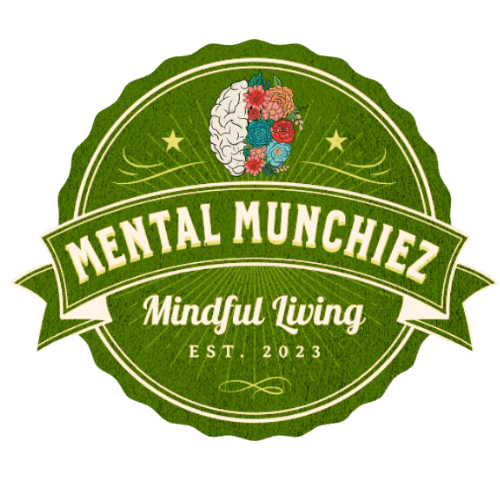Introduction: Anxiety, often accompanied by depression, is a prevalent mental health condition affecting millions worldwide. In today’s fast-paced society, individuals encounter various stressors that trigger anxiety and impact their overall well-being. Understanding anxiety, its manifestations, and coping mechanisms is crucial for fostering mental health resilience. This article delves into the intricacies of anxiety, its correlation with depression, and strategies for managing mental health challenges.
What is Anxiety?
Anxiety manifests as excessive worry, fear, and apprehension about future events or situations. It encompasses physical, emotional, and cognitive symptoms, ranging from palpitations and sweating to feelings of dread and unease. Anxiety disorders, including generalized anxiety disorder (GAD), panic disorder, and social anxiety disorder, disrupt daily functioning and diminish quality of life.
The Interplay Between Anxiety and Depression
Anxiety and depression often coexist, creating a complex interplay of symptoms that exacerbate mental distress. Individuals grappling with anxiety may experience depressive episodes characterized by sadness, lethargy, and disinterest in activities once enjoyed. Likewise, depression can trigger anxiety symptoms, perpetuating a cycle of negative thoughts and emotions.
Recognizing the Signs
Identifying the signs of anxiety and depression is the first step towards seeking support and intervention. Common symptoms include persistent worry, irritability, difficulty concentrating, changes in sleep patterns, and physical discomfort such as muscle tension and gastrointestinal disturbances. Recognizing these manifestations empowers individuals to prioritize their mental health and seek appropriate treatment.
Navigating Treatment Options
Treatment for anxiety and depression encompasses a multifaceted approach tailored to individual needs. Psychological interventions such as cognitive-behavioral therapy (CBT) equip individuals with coping strategies to challenge negative thought patterns and behavioral responses. Additionally, medication, when prescribed by a healthcare professional, can alleviate symptoms and restore psychological equilibrium.
Embracing Holistic Wellness Practices
Incorporating holistic wellness practices augments traditional treatment modalities and promotes overall well-being. Engaging in regular physical activity, practicing mindfulness and meditation, and fostering meaningful social connections foster resilience against anxiety and depression. Furthermore, prioritizing adequate sleep and nutrition nurtures the body-mind connection, enhancing mental health resilience.
The Role of Social Support
Navigating anxiety and depression necessitates a supportive network of family, friends, and mental health professionals. Cultivating open communication channels facilitates the expression of emotions and fosters a sense of belonging and validation. Peer support groups and online communities offer platforms for individuals to share experiences and glean insights from others facing similar challenges.
Breaking the Stigma
Destigmatizing mental health disorders is paramount in fostering a culture of compassion and understanding. Education initiatives and advocacy efforts raise awareness about anxiety and depression, dispelling misconceptions and fostering empathy. By fostering an inclusive environment that prioritizes mental health, communities empower individuals to seek support without fear of judgment or discrimination.
Conclusion
Anxiety and depression are formidable adversaries that necessitate proactive management and support. By understanding the intricacies of these conditions and embracing holistic wellness practices, individuals can navigate their mental health journey with resilience and hope. Together, we can break the stigma surrounding mental health and foster a culture of compassion and understanding for all.

